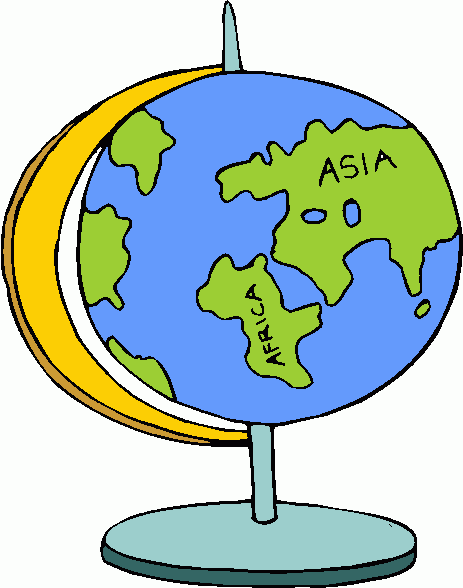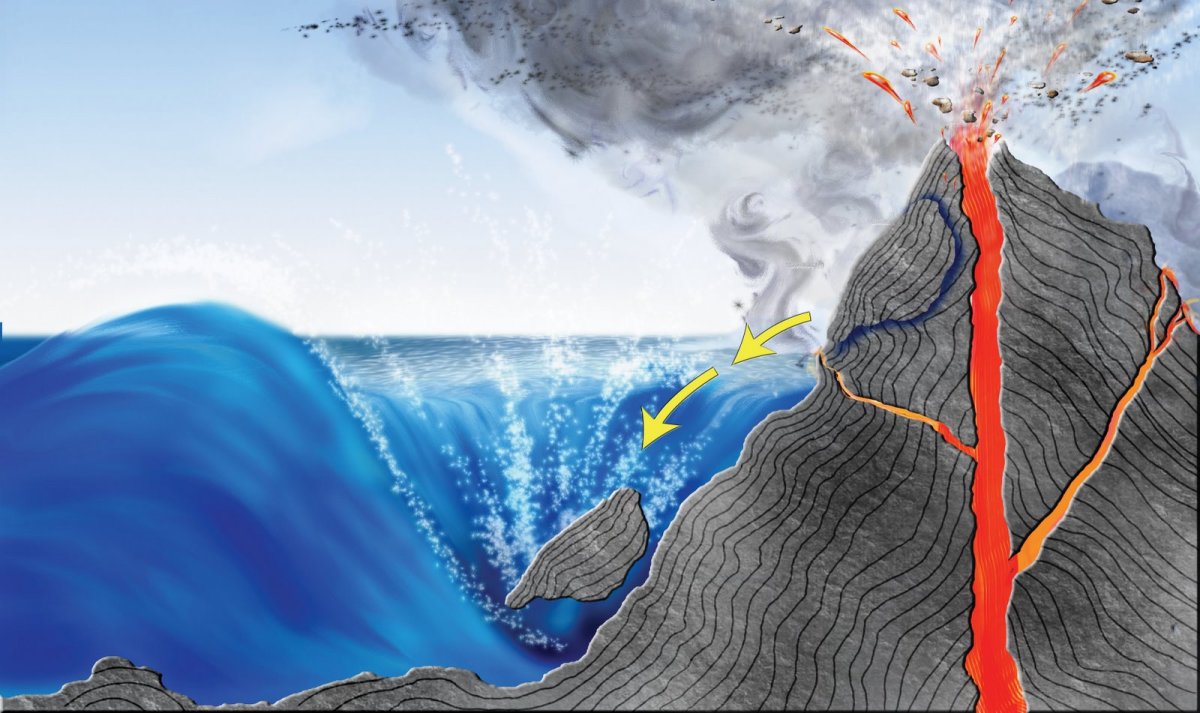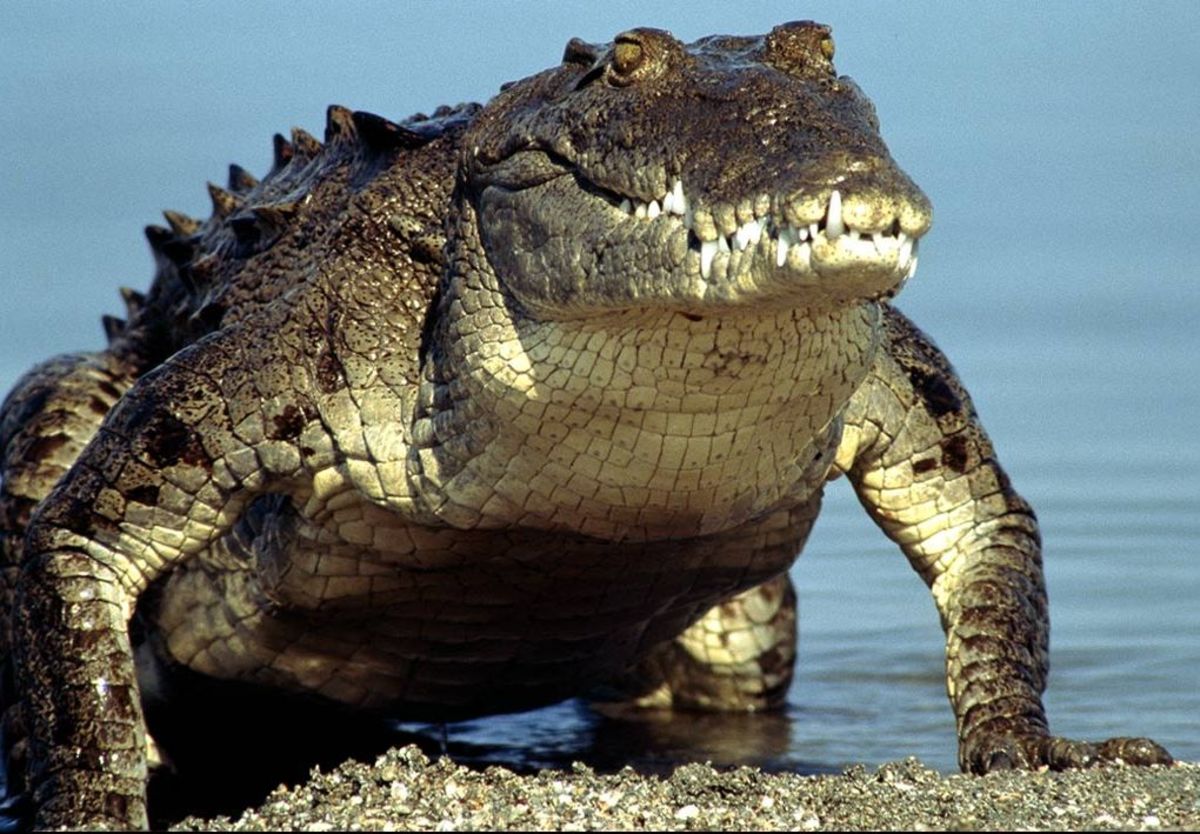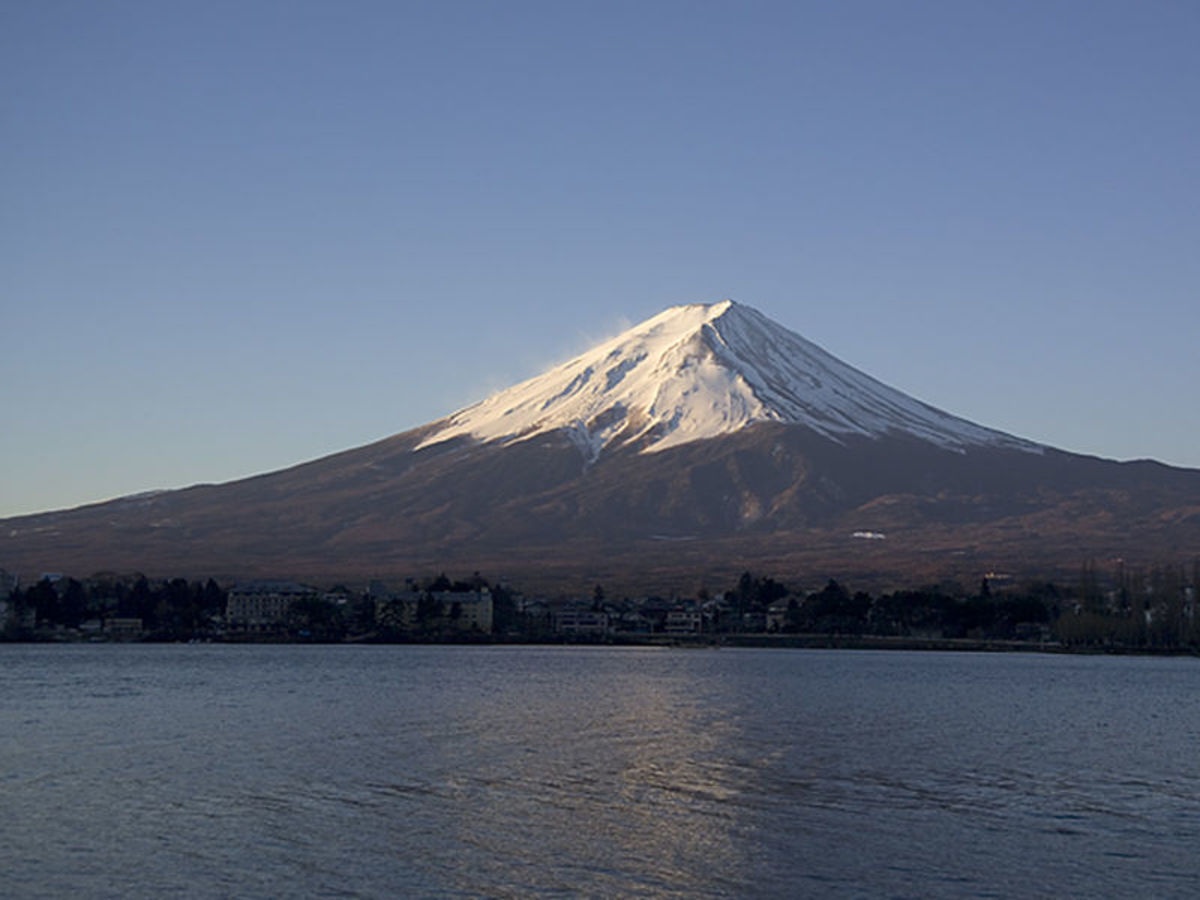Studying Geography: "Alaska? It's either up there or down there." - A Discussion

Can you name all the states on a blank map of the United States? Can you name all of the continents and countries on a blank map of the world? Can your students? Can mine? I rather doubt it. Although I am an English teacher, I have been tempted a time or two to pull out a blank map and put this challenge before my students. Why? Because knowing our geography is not an American forte. There are three experiences that will forever be burned into my memory when it comes to the lack of knowledge our students today have for geography.
In my classroom here in the United States, I have had three disturbing experiences over the last eight years. The first came several years ago when I first acquired the Activboard interactive whiteboard system in my classroom. It was the first technology of that kind installed in our school, and the local paper came to take photos of my students and I using it. I pulled a map of the world out of the resources and asked the students, who had stayed late to get their picture in the paper, to point to different places on the map and identify them. I had an African American student who could not identify Africa on a world map. As a descendent of Irish and German ancestors, I would be mortified if I couldn’t place those countries on a map of the world. I was shocked and prompted to pull the world map down during English class a lot more often.
A couple of years passed before I was again shocked by the lack of knowledge of geography. I often will assign my English classes an article of the week assignment. A few years ago, I assigned an article which discussed the leaf-peepers who drive into New England to see the beautiful fall foliage. When I began to read the students written responses to the article, several of them made references to the country England. When I brought this up for discussion, it became clear to me that many, many of my ninth grade students didn’t know that the article was discussing the geographic region known as New England in the northeast of the United States. I suppose if we were in California, this might not have been so disturbing. However, we are not in California. The school I work in is less than a ten minute drive from the New York – Massachusetts border! They practically live in New England, but they couldn’t identify it in a news article.
My final, and most recent, shocker came a couple of weeks ago when I was administering a Global History test to a student. This ninth grader had to identify several places on a map of North and South America. She was stumped by Alaska. When she looked at me with a blank stare, I tried to prompt her by giving her the main body of the United States as a reference point. I said, “If this is the main body of the US, where is Alaska?” “Well,” she said, “it’s either up there or down there.” She had no idea.
I am quite sure if I dig deep into my memory, I can come up with more examples, but I think my point is clear.
Taking a Look Back at Myself
All of these incidents prompted me to wonder if I too had these gaps in my knowledge at that age. Looking back, I don’t think that I did. I recall geography being a topic that we were expected to learn and know. When I was in elementary school, we had to learn all of the states, their capitals and where they are placed on the map. We even had to do an in depth study and create a state report in the fourth or fifth grade. In our home, we played a computer game to learn the states and a bunch of facts about the states. In middle school, the countries of the world became the focus. I recall my sixth grade social studies teacher was a bit of a madman when it came to us knowing all of the continents and countries. He used to keep a water gun in his desk drawer, and he would shoot at us if we got an answer wrong on the map. By high school, it was just an expectation that this was information that we already knew. Where did that expectation go?
Why Geography is Important...
So why do I care? I believe it is essential for our young people to learn and know about the world around them. Our world is “shrinking” because of technology. Countries do not live in an isolationist bubble; we depend on the resources of other countries of the world. As our world changes, the United States is on the decline and other countries are on the rise when it comes to many industries and skills. In other words, we don’t make very many goods in this country and we depend on other countries, like China, to produce those goods that we consume.
Like it or not, we are also a major military force in the world. We are sending our young soldiers to the far reaches of the earth, and sometimes I wonder if they know where they are going on the globe when they receive their overseas assignments. I wonder if school children could find Afghanistan on the map when their teacher talks about a heroic soldier who has just returned from there or when they are asked to write a supportive card to a soldier who is still there.
Geography Games Online
- Play Geography Games and Learn About the World -- National Geographic Kids
Explore and learn about the world with these geography games from National Geographic Kids magazine. - Test Your Geography Knowledge at Lizardpoint.com
Clickable Map Quizzes of the world - just click on the map to answer the questions. Great geography practice for students in elementary school, middle school, high school, colleges and universities. - Geography Games For Kids - By KidsGeo.com
What We Can Do About It...
Teachers and parents together can take steps to solve this knowledge gap. We should make it an expectation for our young people to know the makeup of the world they live in. They should know where places are and what those places are known for. They should understand how the physical make up of the world has helped to shape history. They won’t ever get to those levels of knowledge though, if they can’t even fill in a blank map.
Here are a few simple ideas to begin incorporating geography lessons into your children’s daily lives.
1. When the Olympics come around again, spend some time discussing the different countries that are participating. Print a map of the world and identify where the countries are as you watch the different teams compete. Keep track of which countries win medals and tally them on the map.
2. Play online games. If you type “geography games” into the Google search engine, you will get a huge list of sites for kids to play learning games. (See the side panel for a few links that I found.)
3. Do puzzles. There are a lot of map puzzles for every age level. Doing these puzzles over and over will help children learn where the states and countries are on the map.
4. Read and watch the world news as a family. When a country is mentioned in the news, ask your children if they know where that country is and why it is important. If they don’t know, pull out the map and have a discussion.
5. When I was a child, we would eat at a pizza restaurant that used placemats that pictured a map of Italy. It is amazing how the image of that map sticks in my head to this day. Enjoy family dinners that focus on different culture's food traditions. Ask your kids to research the dishes of the country and decorate to create the right cultural atmosphere. Start with Poland and try my recipe for Polish Beef Roulade or Zrazy zawijane.
Global Citizens
As our world “shrinks,” we should be raising global citizens. Our young people should be curious about the places in their own country and in the world at large. We should inspire them to travel and see the wonderful world around them. If they don’t know that other places exist, then how will they ever be motivated to travel and learn? I know that travelling the world has taught me a lot about other people, myself and what it means to be an American. I hope that all of our young people will gain the knowledge they need to be productive global citizens who enjoy adventures in this great world.





